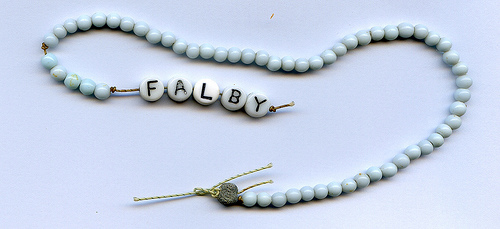So I was born on a Sunday.
220 days later in August of 1963, Martin Luther King spoke at a rally in Washington (it’s 50 years ago as I write this in August 2013). His speech was one that will likely go on resonating until we stop beating each other up and learn to live better together. He said:
“I have a dream that my four children will one day live in a nation where they will not be judged by the colour of their skin, but by the content of their character”
It’s an astonishing speech. Just in case you haven’t heard it I’m including here (let’s assume YouTube is still around in a few years when you decide to read this ramble…)
A year later he was awarded the Nobel prize and in his acceptance he declared
“I refuse to accept the view that mankind is so tragically bound to the starless midnight of racism and war that the bright daybreak of peace and brotherhood can never become a reality”
Overall 1963 was a year of pain and transition (maybe the end of the golden years of the 1950s?). Ken Walsh wrote a piece”: that gives that assertion some colour:
On Sept. 15, less than three weeks after the March (to Washington, where King made his “I have a Dream” address), the 16th Street Baptist Church in Birmingham, Alabama, was bombed, killing four African-American schoolgirls attending Sunday school. It was one of the worst hate crimes in American history. Conflict continued throughout the South between blacks and whites, and many African-Americans started to lose patience with King’s philosophy of nonviolence.
On Nov. 22, President John F. Kennedy was assassinated in Dallas, an utter calamity for the country.
There was no link to racial issues, but the perception among many Americans was that the country was spinning out of control.
On Nov. 24, Lee Harvey Oswald, Kennedy’s alleged assassin, was shot and killed in the basement of the Dallas police headquarters by local nightclub owner Jack Ruby in a murder seen on live television.
Abroad, the situation was deteriorating in Vietnam, presaging years of carnage there, both for the United States and the Vietnamese people, as the war deeply divided America across all demographic lines. On June 11, in Saigon, Buddhist monk Thich Quang Duc burned himself to death in public to protest the oppression of Buddhists by the American-backed regime in South Vietnam. His self immolation shocked millions in the United States and around the world.
On Nov. 2, South Vietnamese President Ngo Dinh Diem was assassinated in a political coup. General Duong Van Minh took over on November 6.
On Nov. 24, new U.S. President Lyndon Johnson pledged that the United States would continue to support South Vietnam in its war with North Vietnam and the Viet Cong rebels - a conflict that would last another decade.
In the end, perhaps the best way to assess 1963 is to view it as a time when Americans came to realize that big changes were spreading through the country and around the globe, and they needed to adjust to them, even if the process would be arduous, wrenching and dangerous.
One or two steps forward were followed by one or two steps backward, both at home and abroad.
So yeah, 1963…

